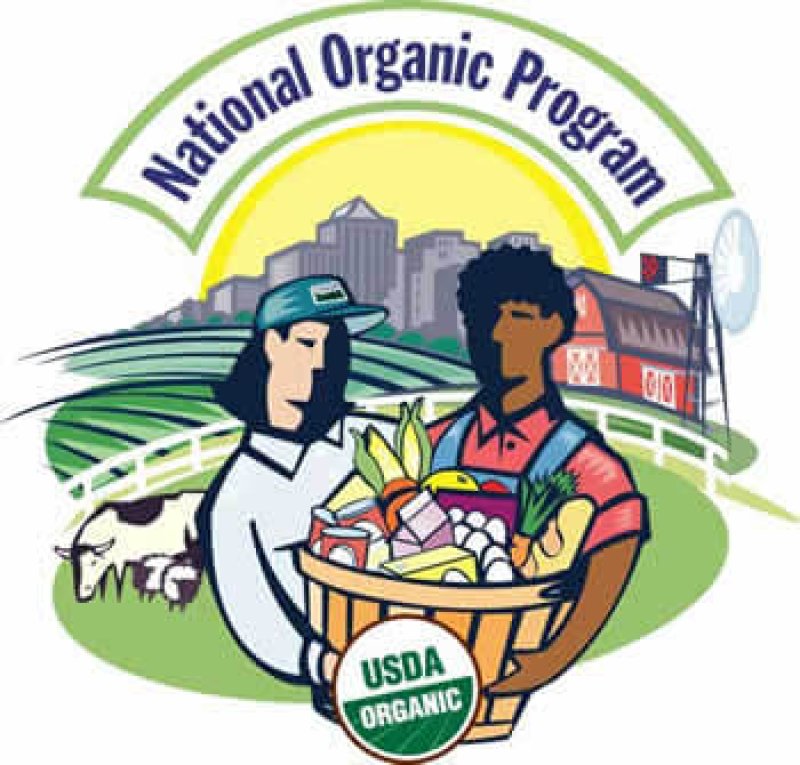Three farmers in Nebraska just plead guilty to a food fraud scheme in which they were selling conventionally grown corn and soybeans as organic. They pulled off this scheme from 2010 to 2017 and made nearly $11 million in the process. How could they get away with it for so long?
For starters, nobody can tell the difference between conventional and organic food. It’s not as if organic corn and soybeans look, smell, or taste differently compared to their conventional counterparts. So, the only way to catch food fraud is by doing a chemical analysis. In this case, the analysis would look for the presence of pesticides that are banned according to organic agriculture’s (completely arbitrary) rules.
These rules are supposedly enforced by the National Organic Program (NOP), which is part of the USDA. Obviously, it isn’t doing a particularly good job. According to the Washington Post:
“[T]he [organic food] system suffers from multiple weaknesses in enforcement: Farmers hire their own inspection companies; most inspections are announced days or weeks in advance and lack the element of surprise; and testing for pesticides is the exception rather than the rule.”
In other words, the USDA’s policy is just to trust farmers and suppliers if they say their food is organic ….
Read full, original article: Fraud: Farmers Caught Selling Conventional Crops As Organic































